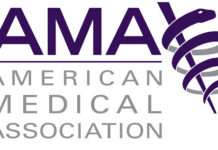Drug addiction treatment is the treatment process of psychotherapeutic or medical treatment for substance dependence on psychostimulants like amphetamines, cocaine, heroin, or marijuana. These medications are usually taken to induce sleep or calm the person’s anxiety. They have addictive properties, so they can be fatal to the user and his or her family. However, there is a vast number of people who use these drugs without experiencing any side effects. In many cases, a person may start using one drug and then gradually try another. The most common of these is to try cocaine. However, this becomes increasingly addictive and the effects are not pleasant in the end.
The process of addiction treatment begins by identifying the reasons for the drug use and other causes that trigger drug cravings. The patient will undergo a detoxification process that involves complete withdrawal from all the addictive drugs in the body. During the detox process, the patient will undergo physical, mental and psychological rehabilitation. This rehab process helps the patient in identifying various triggers that lead to addictive behaviors. This enables him or her to deal with these triggers more effectively.
After the detoxification process, the next step of drug addiction treatment involves the use of various medications to suppress the cravings of the drug. For example, some doctors will prescribe antidepressants and other medications to reduce anxiety and depression that usually occur due to drug use. Others will also prescribe anti-depressants and sedatives. A patient will also undergo cognitive behavioral therapy in which he or she is trained to change the patterns of thinking. It is also important to address the issue of trauma. The patient will also undergo social support to help him cope up with the withdrawal symptoms.











